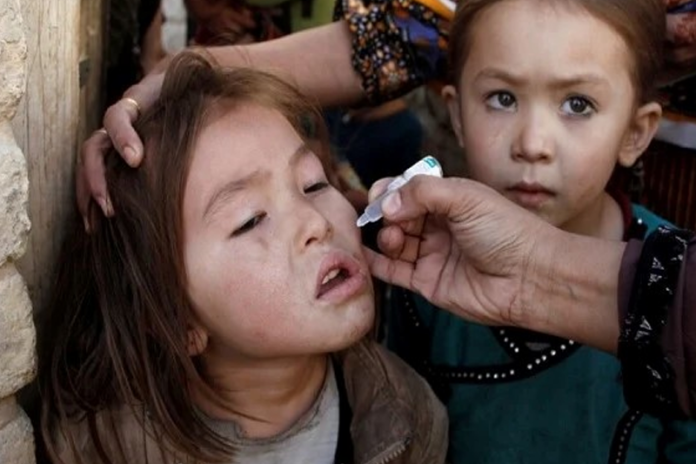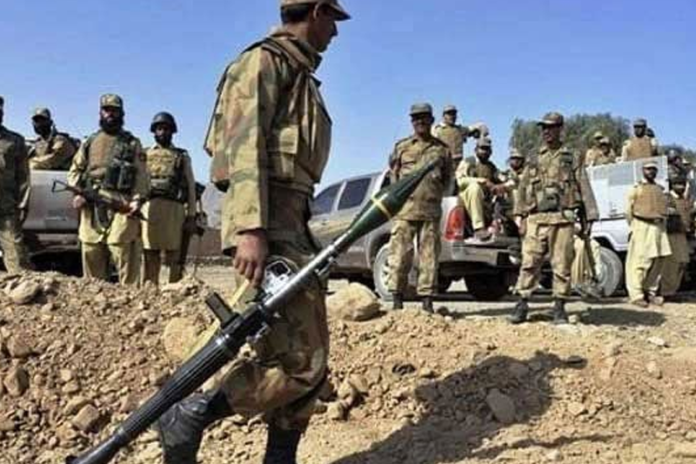Time to shun politics and form collective strategy

- 247
- 0
In the wake of continued economic meltdown, the financial gurus and strategic analysts have called all political partis whether in government or in opposition to shun politics in this critical juncture of period and focus on economic betterment plan as time is running out of our hand.
With the passage of time, the economic situation is worsening and the current situation regarding Pakistan’s efforts for seeking the IMF bailout indicates that there seems no light at the end of tunnel at the moment as it will require long time plans to set things right on the economic horizon.
First corona wreaked havoc with our economy and then summer floods devastated the country leaving our economy in bad shape.
In this backdrop, it is welcome that PM Shahbaz and ex-President Asif Zardari have discussed the fragile political and economic situation in the country with a view to devising joint ways and means to set it right.
As reported, Finance Minister Ishaq Dar, Minister of Economic Affairs Ayaz Sadiq, Federal Minister Saad Rafiq, Minister for Economic Affairs Ayaz Sadiq and Pakistan Peoples Party senior leaders Saleem Mandviwala and Dr Asim Hussain also attended this important meeting between the two leaders.
As a matter of fact, the current year poses stiff challenges to the government. Since the year 2022 was a year of economic turmoil for Pakistan, we are deep into economic deficit with no choice but to go the IMF for another bail-out.
The stiff challenges show that the path ahead is also very thorny as currently we are faced with huge and unprecedented revenue shortfall as is evident from the last month’s statistics, according to which our revenue collection target has failed as the Federal Board of Revenue (FBR) has missed on achieving the goal of collection target for the last month of the last year by around Rs225 billion, available figures suggest. There has been a sort of reversal trend in revenue collection as we witness a mammoth shortfall of its kind. This sharp decline in imports is said to be the main factor behind this failure due to which the initial revenue collection is at Rs740bn against the projected target of Rs965bn in December last.
Financial experts say that the restrictions on Letters of Credit (LCs) have affected the imports in a big way. The major revenue sources like automobiles-CBU and CKD and other machinery witnessed a drop in imports as a result of the import containment policy of the government, and hence we are faced with revenue shortfall.
On the other hand, our foreign exchange reserves are fast depleting and have reached a record low.
On the other hand, Pakistan’s foreign exchange reserves held by the State Bank of Pakistan (SBP) have dwindled by massive $784 million to an almost four-year low of $6.72 billion during last week. It points to the grim economic situation in the country. Yes, as per reports by the central bank, foreign reserves were last witnessed below this level during third week of January in 2019, i.e., $6.64bn. The market is in a depression and it will remain so for long time.
The demand for dollar is high while Govt is making efforts to stabilize value of rupee but it seems things are not in control. One would agree with financial gurus who have painted a broad-based dismal macroeconomic outlook for the year ahead. As a matter of fact, it will take years and a well devised long-term policy only then can we hope for some betterment. Thousands of houses, livestock, animals, and standing crops have been washed away by the flash floods. Infrastructure has been badly damaged in the form of bridges, railway tracks, roads and small dams as well. According to the National Disaster Management Authority, an estimated 1.7 million homes have been washed away by floods, while over 6,600kms long roads, highways and 269 bridges, small dams and lakes infrastructures has been destroyed.
Right now, the forecast for the inflation is hovering around 21 per cent which is unpresented in nature which point to tough economic conditions for the common man, who is already running from pillar to post to make both ends meet. According to the Monthly Economic Update & Outlook, the Consumer Price Index (CPI) inflation is going to be in the range of 21-22.5pc. And, the stiff economic policies by the central bank are also causing rise in inflation as it is affecting the growth rate in real sense of the word.
A recent report has forewarned about the further slowing down of the economy due the floods which have wreaked havoc with the lives and infrastructures in all the provinces.
A thorny path lies ahead as a lot needs to be done for the rescue and rehabilitation of flood affected section of the society and for the repair and rebuilding of the damaged roads, houses, rainlinks, hospitals etc.
To be very specific, our economic woes are daunting and unprecedented in nature. The ground realities are very complexed and one is not sure how the current coalition partners will come to terms with the gigantic requirements of the situation.
Our economy is going nose-dive and the rupee is going to further depreciate unless drastic help arrives from abroad. The IMF bail-out can secure us for a while but nothing can be said with surety or taken for granted.
The rupee’s fall has started against. It is a strange phenomenon, it gains one day, but the very next day, its free-fall starts again. Initially the Pak rupee gained some strength after the IMF agreement last year but now, it is again on the losing streak and the local currency seems to fall substantially.
Published in The Daily National Courier, January, 27 2023
Like Business on Facebook, follow @DailyNCourier on Twitter to stay informed and join in the conversation.

















































